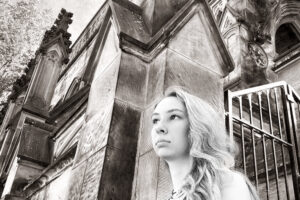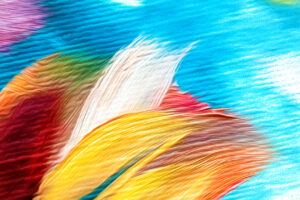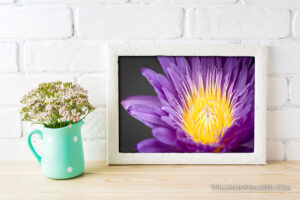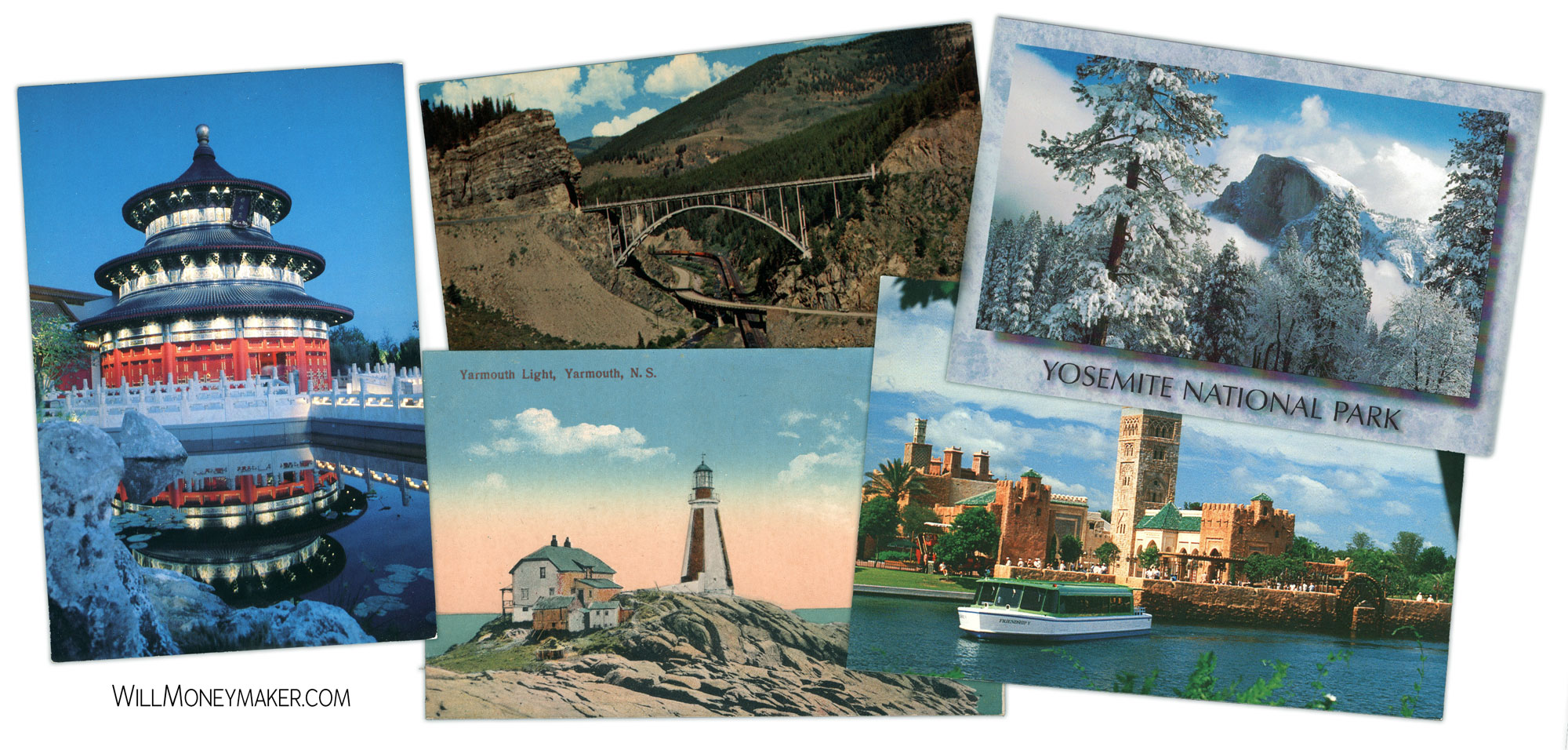So often, we’re led to believe that the art comes from our surroundings. All we need to do is be there and find the photograph. Sort of like an Easter egg hunt, only the more exotic the location, the more eggs you’re liable to find. It’s a pitfall that is easy to fall into, one that fills photographers with the wish that they could travel the world in search of things no one else has seen before. That’s the only way to create unique photographs, right?
I would tend to disagree. To my mind, the truth is this: The art isn’t in your surroundings. When you stop to think about it, so many landscapes look so very similar, even landscapes taken at opposite points on the planet. On a green spring day, I can travel out into Ohio fields and find photographs that look very similar to the greenery of Ireland or Britain. We could travel to all kinds of exotic locales, and in so doing, run the risk of creating photographs that look quite similar to those we could have created close to home.
So if art isn’t in our surroundings, then where is it? There’s only one place it can be. It’s within us.
That is perhaps the most important thing to remember about art. It’s not all about the subject material. A lot of it is about the artist. When you create a photograph, you are creating a piece of communication. You’re transmitting your thoughts, ideas, meanings, and messages to anyone who would look at it.
Ultimately, art is about your outlook. When you look upon a scene, what are you thinking? If those thoughts are about the scene’s beauty, then find ways to make it as beautiful as possible. Is there something that disturbs you about the scene? Communicate that thought through whatever techniques necessary. What do you feel? Are you happy? Then perhaps the photograph calls for techniques that add a splash of life to it. Reminiscent? Then maybe it’s wise to recreate the look and feel of old films like Kodachrome.
At the end of the day, it’s all about taking in a scene with your eyes, and then working through what follows. Process your thoughts, your feelings, and then find ways to commit those thoughts and feelings to a print. The simple fact is, any photographer can go to a place like the Grand Canyon and take photographs from one of dozens of vantages that thousands of photographs have already been taken from. One could even find and stand in the exact same spots that famous photographers once stood. But just because you tread these famed places doesn’t mean you have a better chance of creating art than you might if you stood in your own backyard. What makes a photograph unique is not the place. It’s you and how you approach it.





